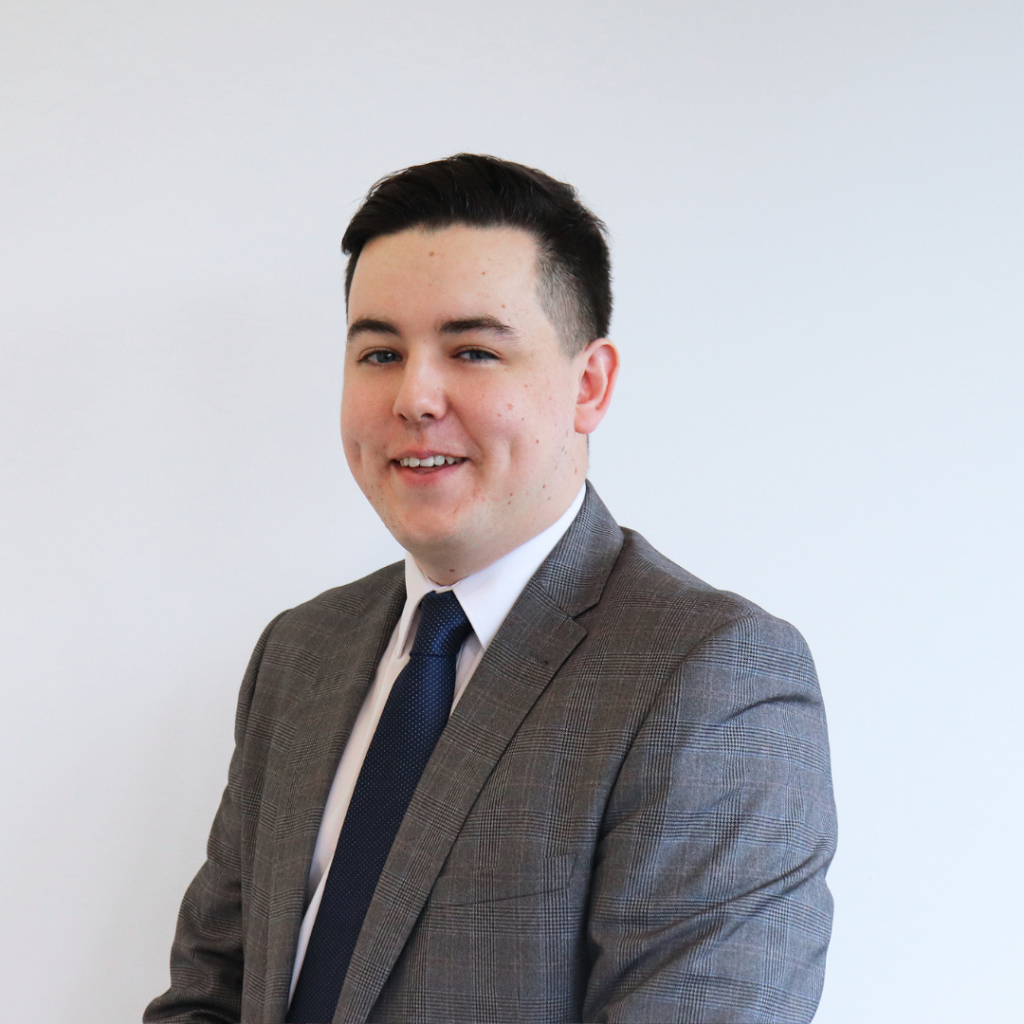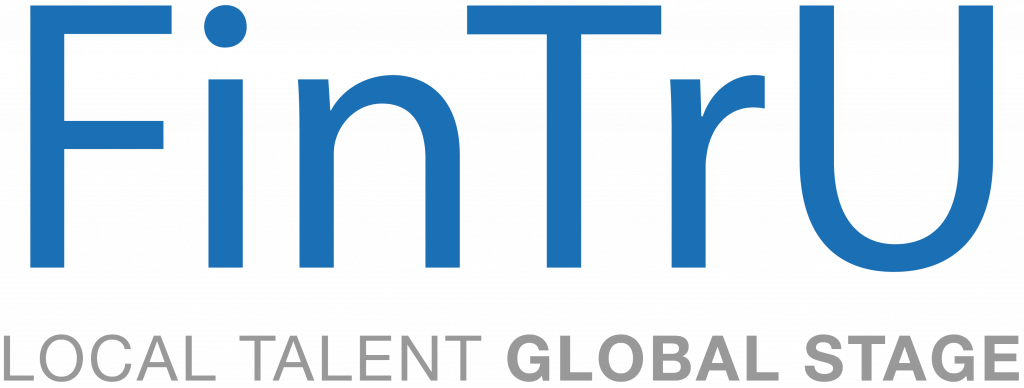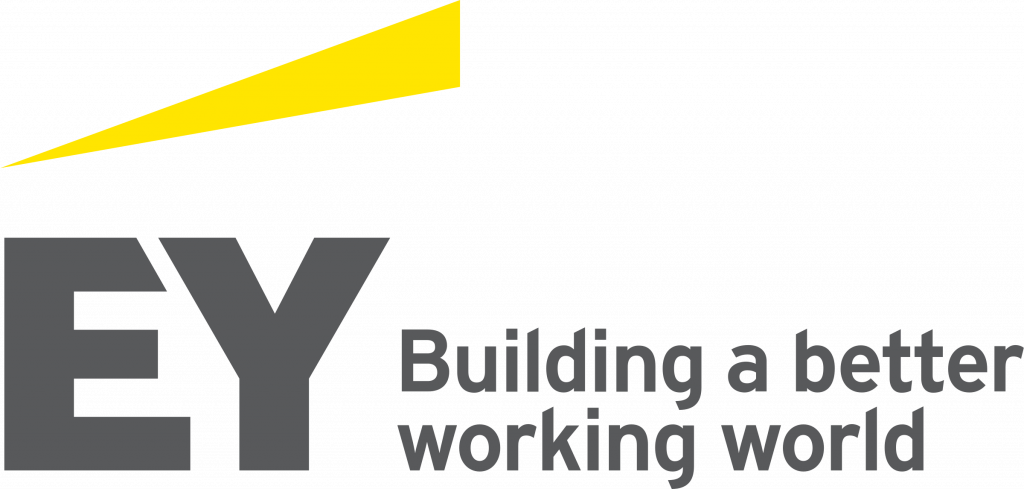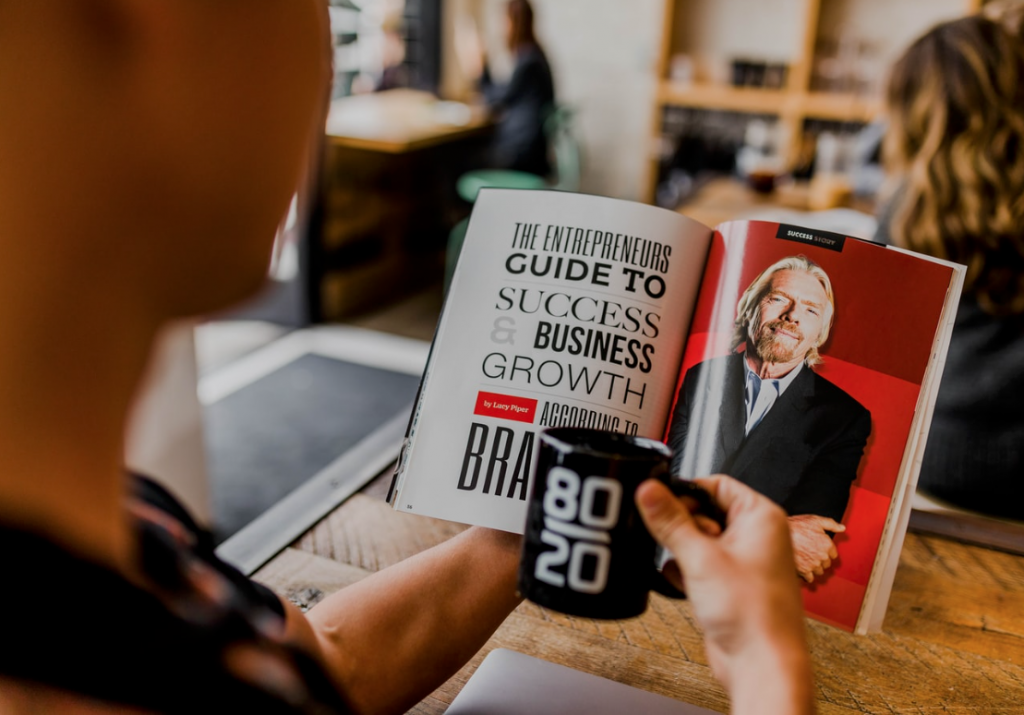MSc Software Development graduate Adam Hamill is now an Associate Consultantin Data Analytics Managed Services at
Version 1. Here is how he got there…
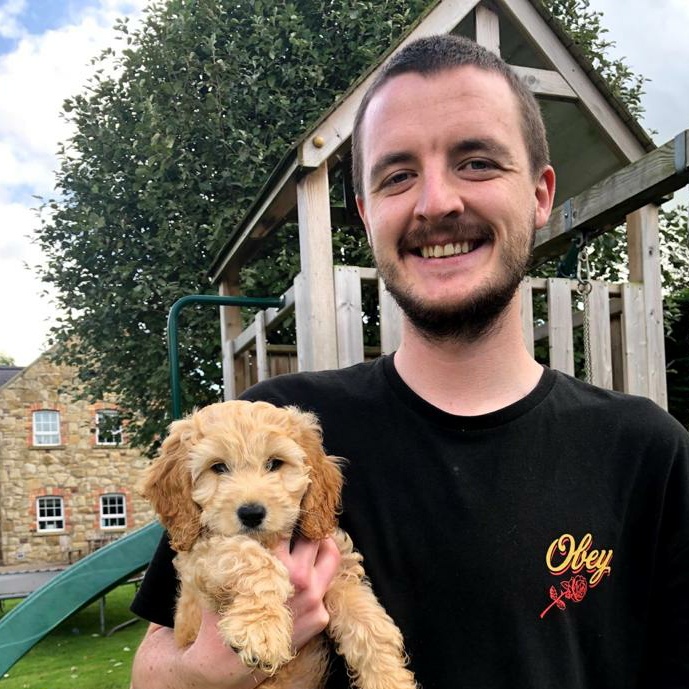
Describe your career path to date.
I graduated in 2016 with a degree in Electronic Engineering. I worked in an electronics company for around 3 years, then returned to university to do a Master’s course in Software Development and after I graduated I got offered a role in Version 1 which is where I am working now.
Why Software Development?
I always had an interest in IT and anything to do with computers. I knew a lot of friends that had got jobs in the industry too and had great things to say about it which made me apply for the Master’s course and I am now very happy I did.
What is your current role like?
No two days are the same, there’s a lot of variety in the types of work I could be doing and the different types of customers I could be working for. I enjoy that every day I know I will be learning something new.
What does an average week look like for you?
At the moment I’m still junior in my role so my week involves a lot of shadowing other members in my team, seeing their thought processes in working out problems and giving my own input if I feel I can help out. In a week I could be working with one customer on helping produce a dashboard in Power BI to suit their needs, while for another customer I could be trouble shooting any backend problems they may have encountered using SQL.
What is the most challenging part of the job?
Keeping on top of all the various customers we provide support for and their ongoing requests.
What is the most rewarding?
Receiving positive feedback from customers, knowing that you have made their day even a little bit more convenient is always a great positive about my job.
What are your career aspirations?
I would like to be highly experienced and knowledgeable in my field and feel that I am a great asset to the company.
In what way do you feel like you’re making a difference in your job?
I enjoy the fact I get to work with globally renowned companies and that my work contributes to making any processes or systems run smooth as possible for the customer.
What expectations did you have about this career path that you have found differed from reality?
Along with the technical skills required, there is a steep learning curve into learning each customer’s systems and solutions which is something I hadn’t expected.
What skills did you learn at Queen’s that have helped you in your career?
Good timekeeping skills has definitely helped me as I can have many tasks with deadlines all running at the same time just like University. Additionally, communication skills gained during group assignments in Queen’s have been a great help in my career. Technical skills learned such as programming, database design and security have enabled me to hit the ground running in my role.
What advice do you have for students and graduates wanting to move into this area?
If you are thinking about doing it and know you will be able to give it your full effort, then go for it.
How did your Queen’s experience help your personal and professional development?
I made lots of new friends at the course who I still see regularly which was a great bonus of attending the course!
How did the people you met at Queen’s inspire you?
The passion from my teachers for their subjects helped inspire me to achieve my best results in the course.
What’s the one thing you’ll never forget about your time at Queen’s?
Changing very quickly from traditional lectures to virtual lectures thanks to a pandemic!
Interested in working for Version 1? Don’t miss our Instagram Live on 9 June at 3pm on @QUBCareers Instagram when our student host will be getting top tips on navigating the recruitment process at Version 1. Version 1 will also be talking about the importance of embracing workplace tech on @QUBCareers Instagram at 12pm on 15 June. Visit the Gradfest2021 site to find out more.



